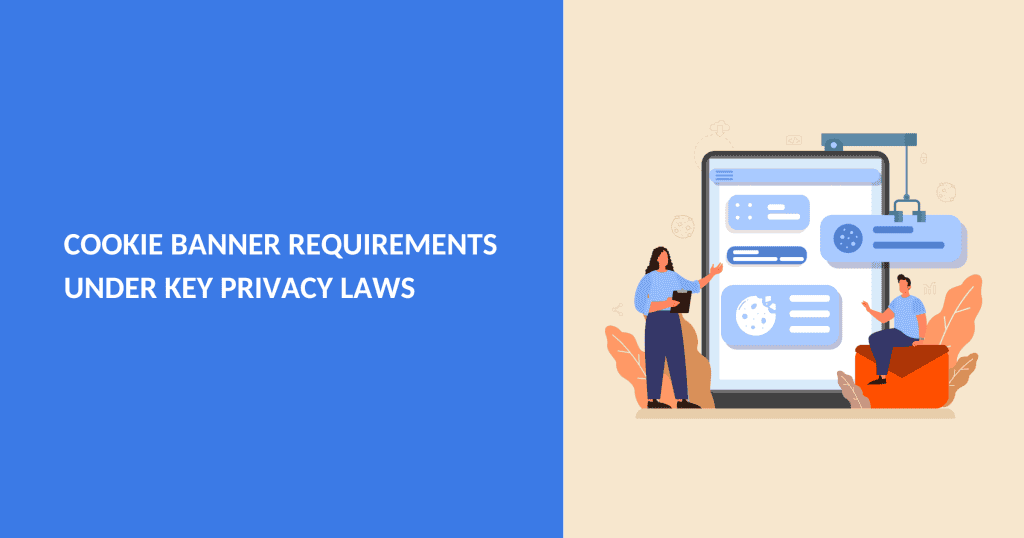
Cookie Banner Requirements Under Key Privacy Laws
Learn about cookie banner requirements under key privacy laws including the GDPR, CCPA & other regulations and ensure compliance in minutes.
Stay on top of data privacy, regulations, security, and other important updates that may impact your business.

Learn about cookie banner requirements under key privacy laws including the GDPR, CCPA & other regulations and ensure compliance in minutes.
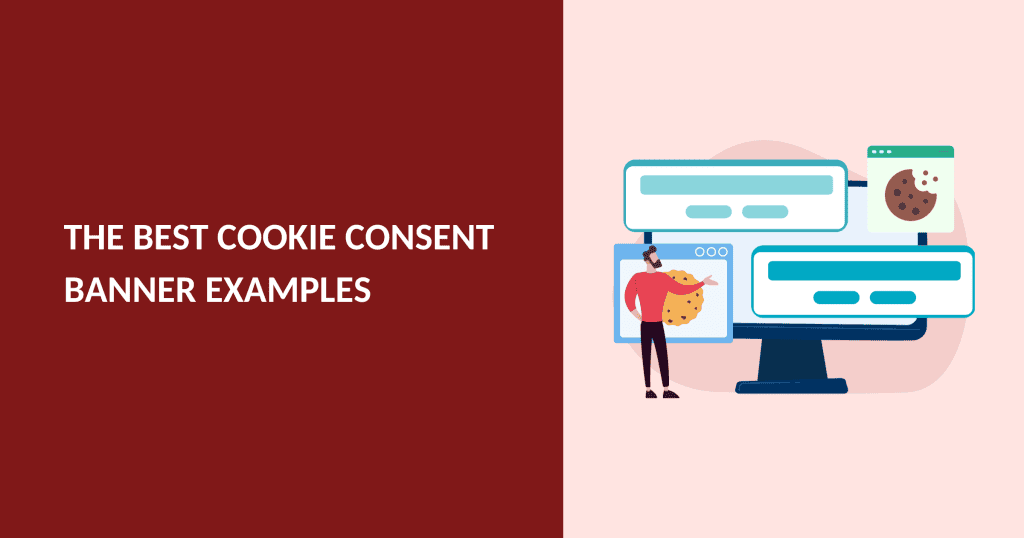
We put together a list of the best cookie banner examples you must see as an inspiration for your own website and compliance with key privacy laws.

Website cookies are small data files stored on your device by websites to remember your preferences, login details, and browsing activity.
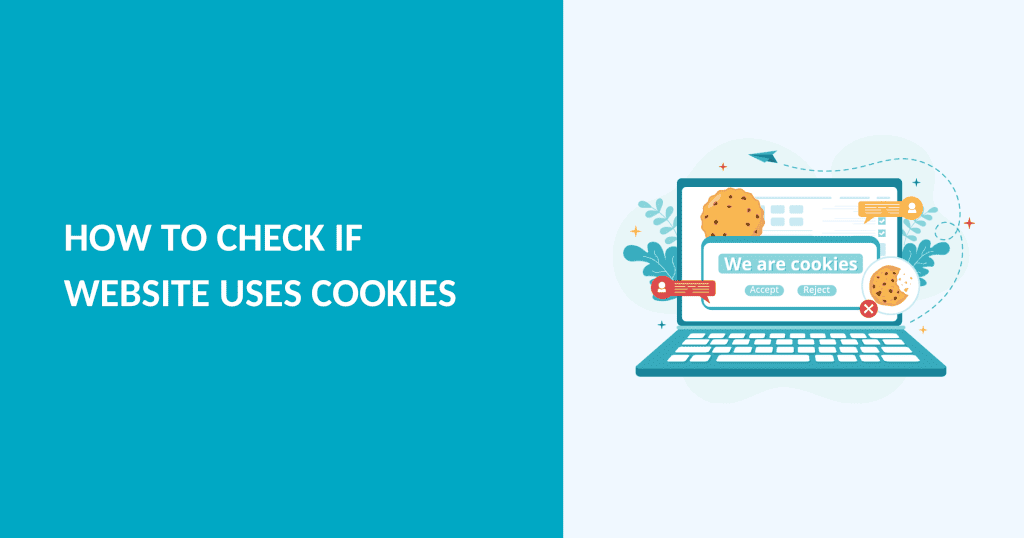
Step by step instructions for how to quickly check if your website uses cookies and understand their purpose to ensure your users' data privacy.
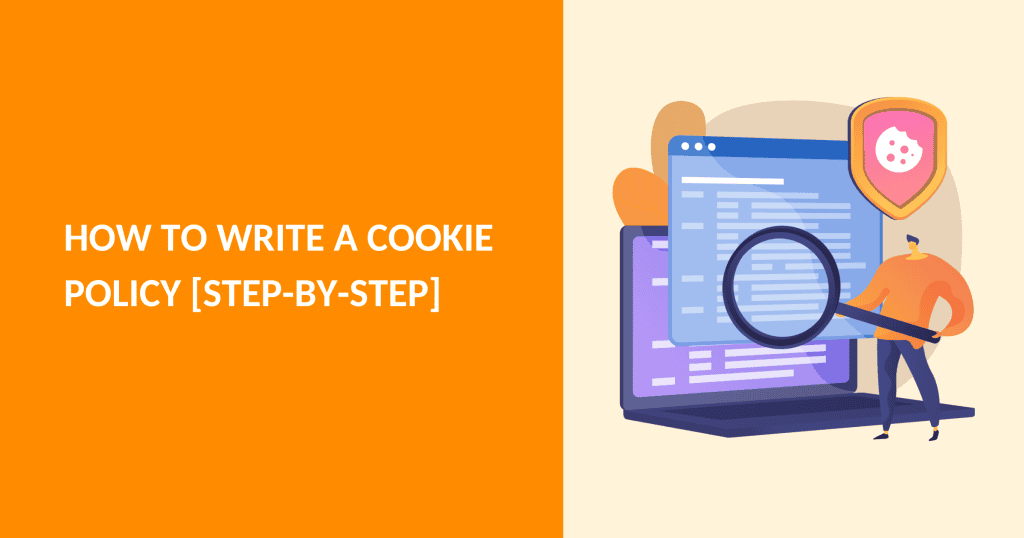
Confused about how to write a cookie policy for your website? This guide breaks it down into 10 easy steps so you can write yours in minutes.
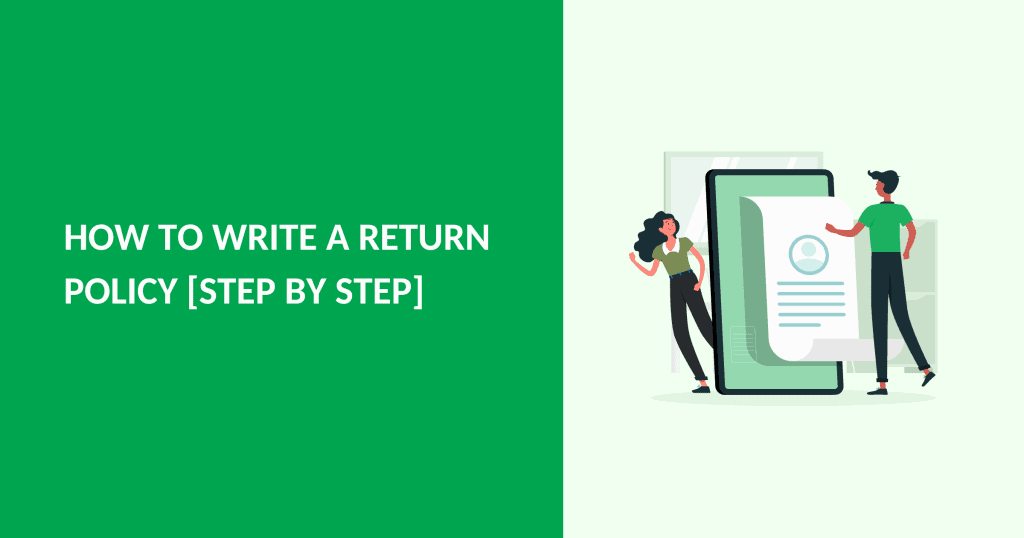
Learn how to write a return policy from the experts. Boost customer confidence, encourage more purchases, & protect your business at the same time.
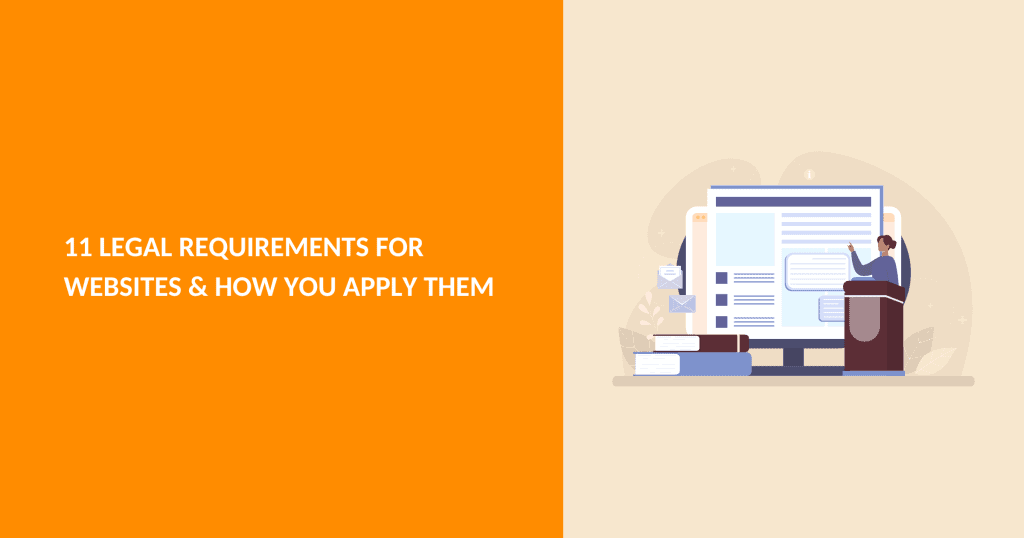
Websites are fantastic for showcasing your business or idea, but there’s a world beyond design and content. The online world has rules, just like the real ...
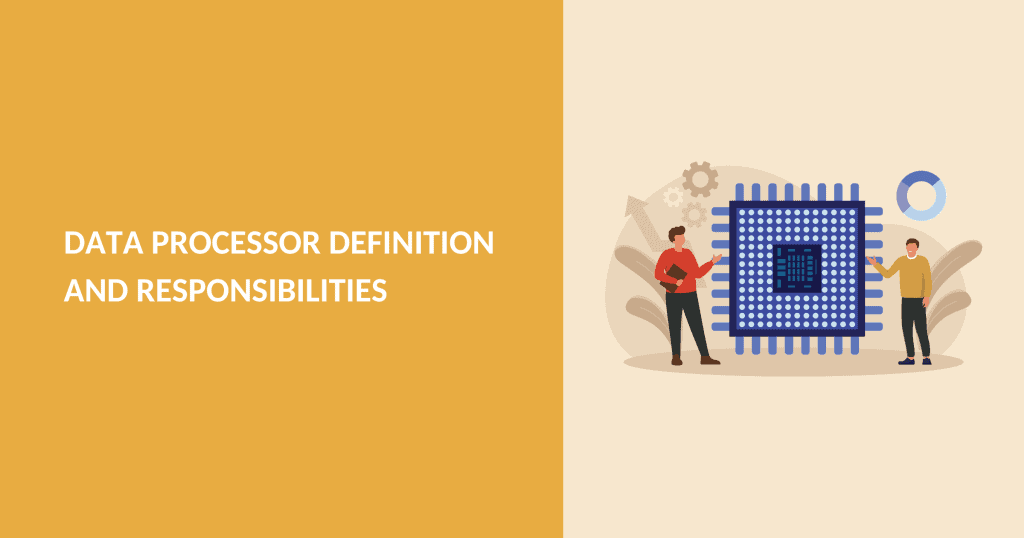
Data processor is an entity that processes personal data on behalf of a data controller according to the GDPR. Learn what it means and how to comply.
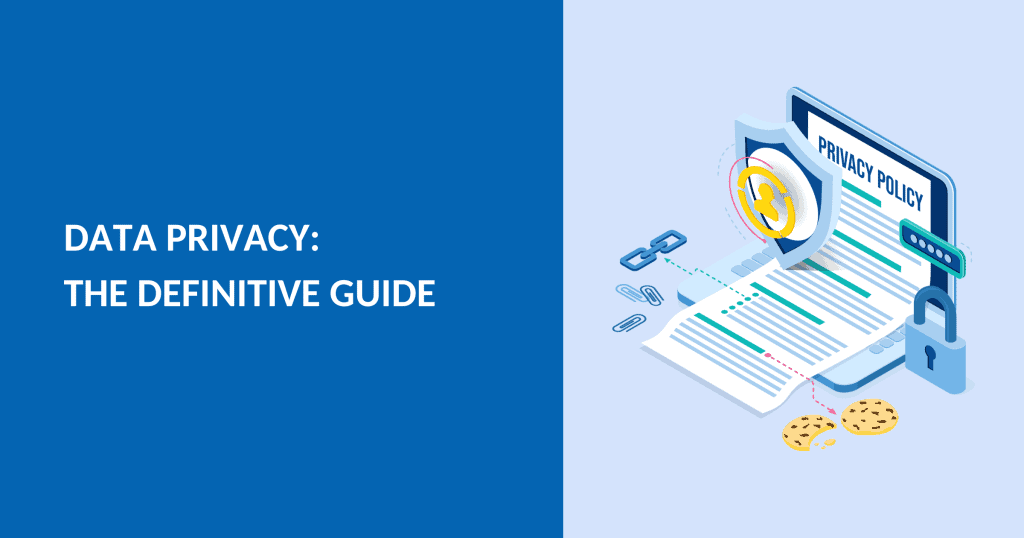
Discover data privacy. Learn its definition and get a guide on compliance with data protection so you can safeguard your personal data in the digital age.
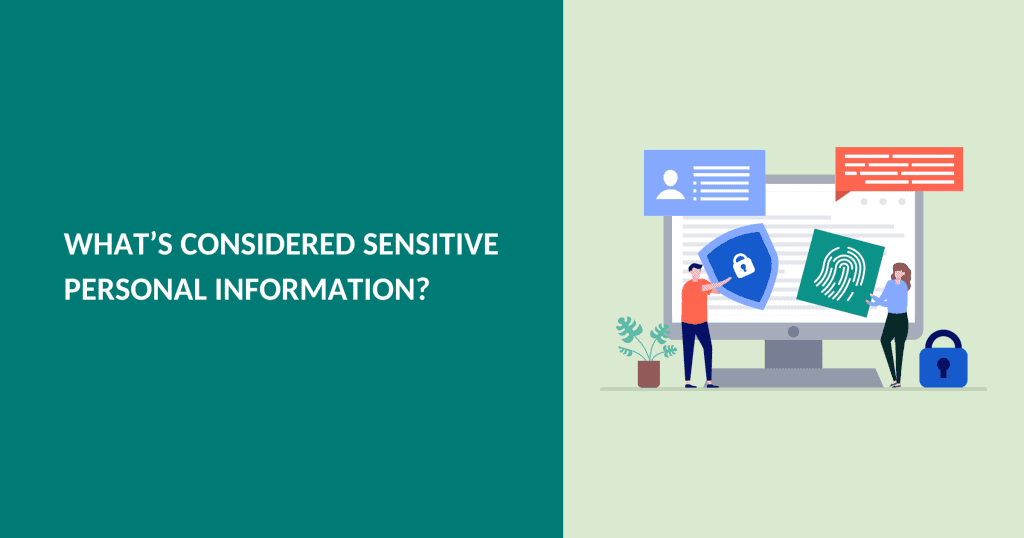
Learn about sensitive personal information, its legal implications, and how to protect it under data privacy laws to avoid legal and financial issues.